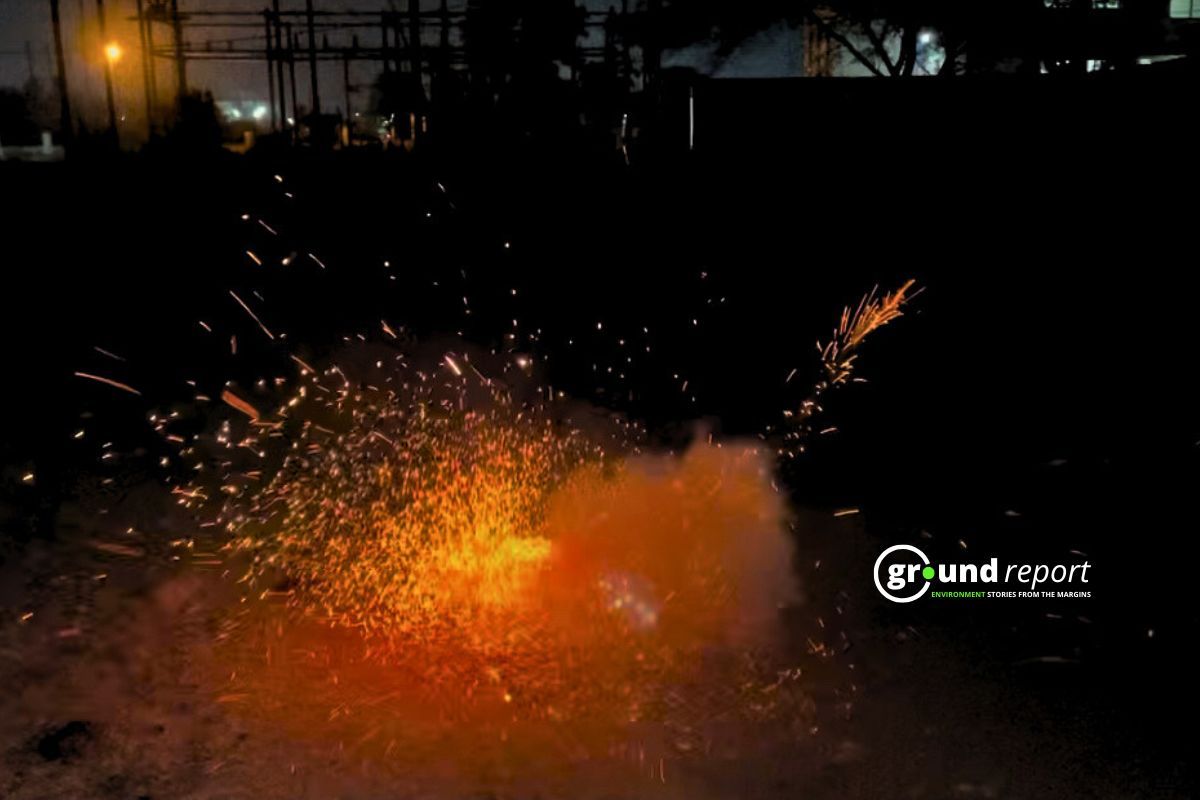The Tirupati Laddu, a revered offering at the Tirumala temple, is at the center of a controversy involving claims of adulterated ghee. A lab report suggested the use of adulterated ghee in the laddus, prompting public outcry and political debate. However, the Tirumala Tirupati Devasthanams (TTD), the governing body, clarified that the ghee in question was rejected and not used in the sacred prasadam.
The TTD, managing the Venkateshwara shrine, submitted a 40-page report to the Andhra Pradesh government detailing the issue. The report attested to the fact that A R Dairy Pvt. Ltd. of Tamil Nadu’s adulterated cow ghee’s discovery and return during routine testing. The ghee contained vegetable and animal fats, including lard. According to TTD, it never reached the laddus and was rejected upon detection.
What’s the whole controversy?
The controversy erupted when political figures, including former Andhra Pradesh Chief Minister Chandrababu Naidu and actor-politician Pawan Kalyan, accused the TTD of compromising the Tirupati Laddu’s sanctity by using adulterated ghee. These claims were based on a viral lab report from the National Dairy Development Board (NDDB) that allegedly confirmed non-dairy fats, including animal fats like beef tallow and lard, in the ghee samples. The allegations spread, leading to public outrage and concerns about the sacred offering’s quality.
TTD Executive Officer Syamala Rao held a press conference denying the claims. According to Rao, the ghee samples were never used in laddus. The problematic ghee was detected during quality checks, returned to the supplier, and further procurement from the company was halted. Rao stated the TTD issued a show-cause notice to A R Dairy Pvt. Ltd., which won the contract to supply ghee through an e-tender in March 2024.
“The ghee quality didn’t meet our standards and resembled oil. Upon detecting this during physical verification, we sent samples to the NDDB Lab in Gujarat. The results confirmed adulterants, and we took corrective action by returning the ghee and stopping further supplies,” said Rao.
Lab Report: misleading or misinterpreted?
The lab report that triggered the controversy detailed findings of two ghee samples from tankers supplied by A R Dairy. The first sample, AB021252, complied with Food Safety and Standards Authority of India (FSSAI) specifications, while the second sample, AB021253, did not. The second sample showed vegetable fats and animal fat-based adulterants, including lard. According to FSSAI guidelines, β-sitosterol, a compound in vegetable oils, in ghee indicates adulteration.
The report mentioned several S-values (a mathematical equation for milk fat purity) were out of range, confirming adulterants like soybean, sunflower, palm oil, and animal fats like lard and beef tallow. This report fueled the political accusations against the TTD.
TTD officials maintained that the adulterated ghee was not used in the laddus. The EO clarified that the NDDB Lab samples were from unused tankers, and upon receiving the results, the TTD rejected the supply and blacklisted the vendor.
TTD’s response
Following the controversy, the Andhra Pradesh government formed a Special Investigation Team (SIT) to investigate irregularities in the TTD’s procurement and testing processes. The SIT will examine potential lapses in quality control and if the tendering process was compromised.
The TTD acknowledged shortcomings in its quality control processes, particularly in testing equipment and trained personnel. The TTD laboratory lacks adequate testing facilities to detect adulteration, allowing the supplier to bypass scrutiny. The report highlighted that 14 ghee samples were rejected since 2022 due to quality issues, but none were tested for adulteration at outside labs, as required under tender conditions.
The TTD has pledged to improve its quality control systems. The EO mentioned plans to upgrade the TTD laboratory with advanced testing equipment and to establish a trained sensory analyst panel to detect adulteration. He assured the public that all ghee supplies would be rigorously tested internally and externally at NABL-accredited laboratories to prevent future incidents.
The controversy has taken on a political dimension, with the Telugu Desam Party (TDP) and its leader Chandrababu Naidu accusing the ruling party of negligence. Naidu claimed the quality of the sacred laddus had been compromised under the current government. Actor-politician Pawan Kalyan also accused the government of using substandard ingredients in religious offerings.
The ruling YSR Congress Party dismissed the allegations as politically motivated. Naidu and Kalyan’s claims were labelled as attempts to stir controversy and use religion for political gain. The TTD has also refuted these accusations, stating its priority has always been to uphold the sanctity and quality of the prasadam.
Support us to keep independent environmental journalism alive in India.
Keep Reading
The costliest water from Narmada is putting a financial burden on Indore
Indore’s Ramsar site Sirpur has an STP constructed almost on the lake
Indore Reviving Historic Lakes to Combat Water Crisis, Hurdles Remain
Indore’s residential society saves Rs 5 lakh a month, through rainwater harvesting
Follow Ground Report on X, Instagram and Facebook for environmental and underreported stories from the margins. Give us feedback on our email id greport2018@gmail.com.
Don’t forget to Subscribe to our weekly newsletter, Join our community on WhatsApp, and Follow our YouTube Channel for video stories.





